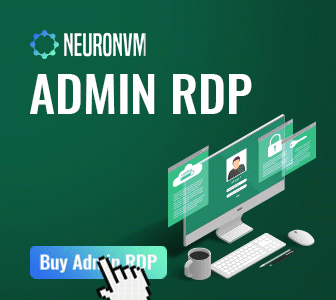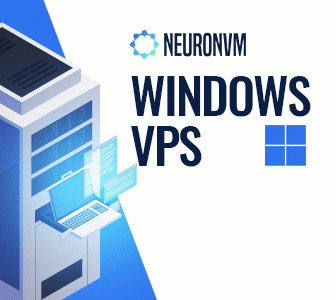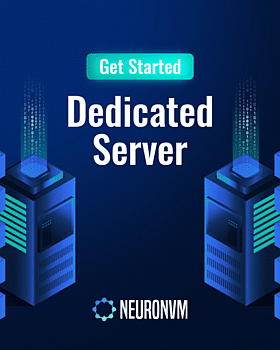
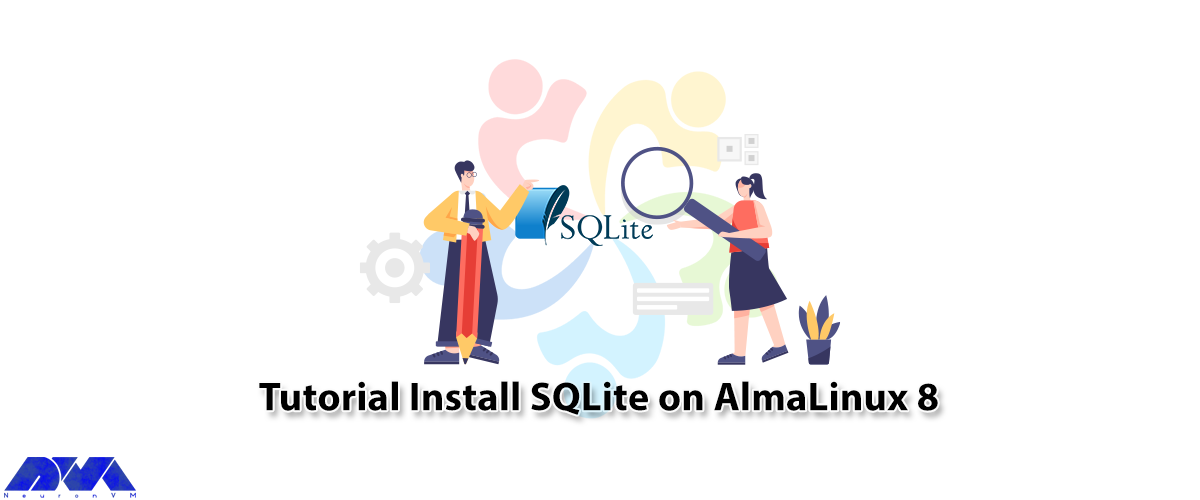





In this article, we are going to teach you How to Install SQLite on AlmaLinux 8. When programming various systems, storing and retrieving information is essential. Depending on your requirements, there are numerous tools and methods at your disposal. One such tool for data storage and retrieval is SQLite, which is widely recognized as the most favored file storage system. SQLite is known for its support for a variety of operating systems, including Windows, Linux, Android, and Mac OS. If you want to buy a Linux VPS server to run Almalinux on it, we suggest you test and use the plans provided with your desired location on our website.
– Small Size
– Stability
– Backward Compatible
– Precompiled Binaries
– Cross-Platform Compatible
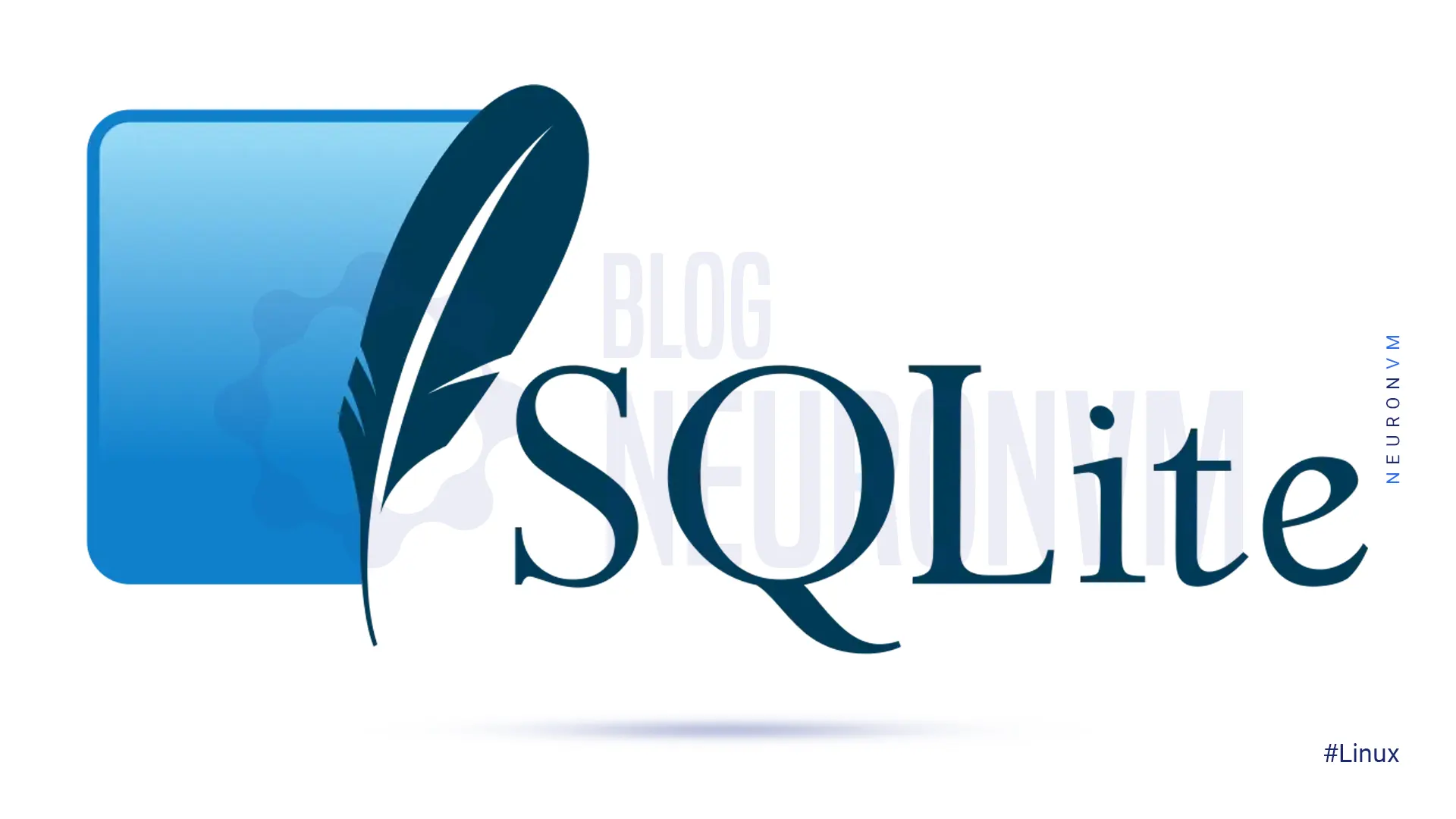
To install SQLite on AlmaLinux 8, you can use the following 2 methods:
1) Using DNF
2) Using YUM
Use the following command to update the database with dnf:
sudo dnf makecache --refresh
Update the yum database, then install SQLite with dnf by executing the following command:
sudo dnf -y install sqlite
Update the yum database using the following command:
sudo yum makecache --refresh
After updating the yum database, run the following command to install SQLite using yum:
sudo yum -y install sqlite
Use the following command to uninstall the SQLite package:
sudo dnf remove sqlite
In this tutorial, you learned how to install SQLite on AlmaLinux 8. Installing SQLite on AlmaLinux 8 is a straightforward process that can be completed in just a few simple steps. By following the steps outlined in this guide, you can easily install SQLite on your system and start using it to store and retrieve data in your applications. SQLite is a versatile and reliable database management system that can be a valuable addition to your development toolkit on AlmaLinux 8. We suggest that you read the article A Clever Guide to Install GNOME on AlmaLinux and enjoy the attractive and graphical environment of AlmaLinux.
How useful was this post?
Click on a star to rate it!
Average rating 5 / 5. Vote count: 2
No votes so far! Be the first to rate this post.
 Tags
Tags
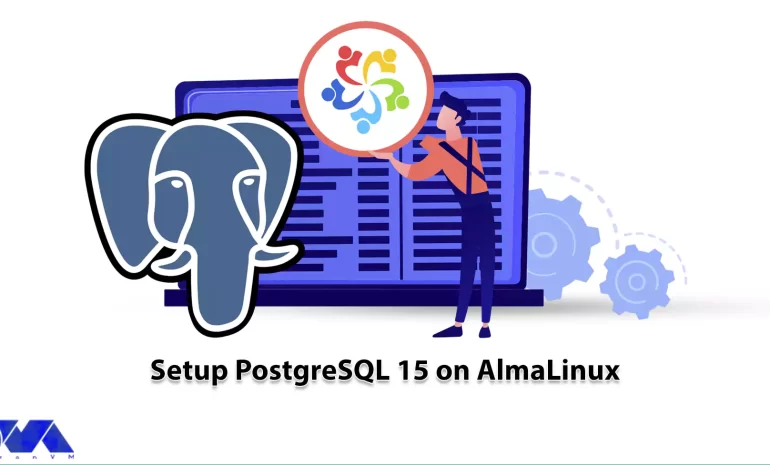
You have probably already heard about the Postgresql database system. This open-source database is v...



 Tags
Tags

Time Synchronization in the network is one of the most important things to do in virtual machines. N...



 Tags
Tags
What is your opinion about this Blog?






